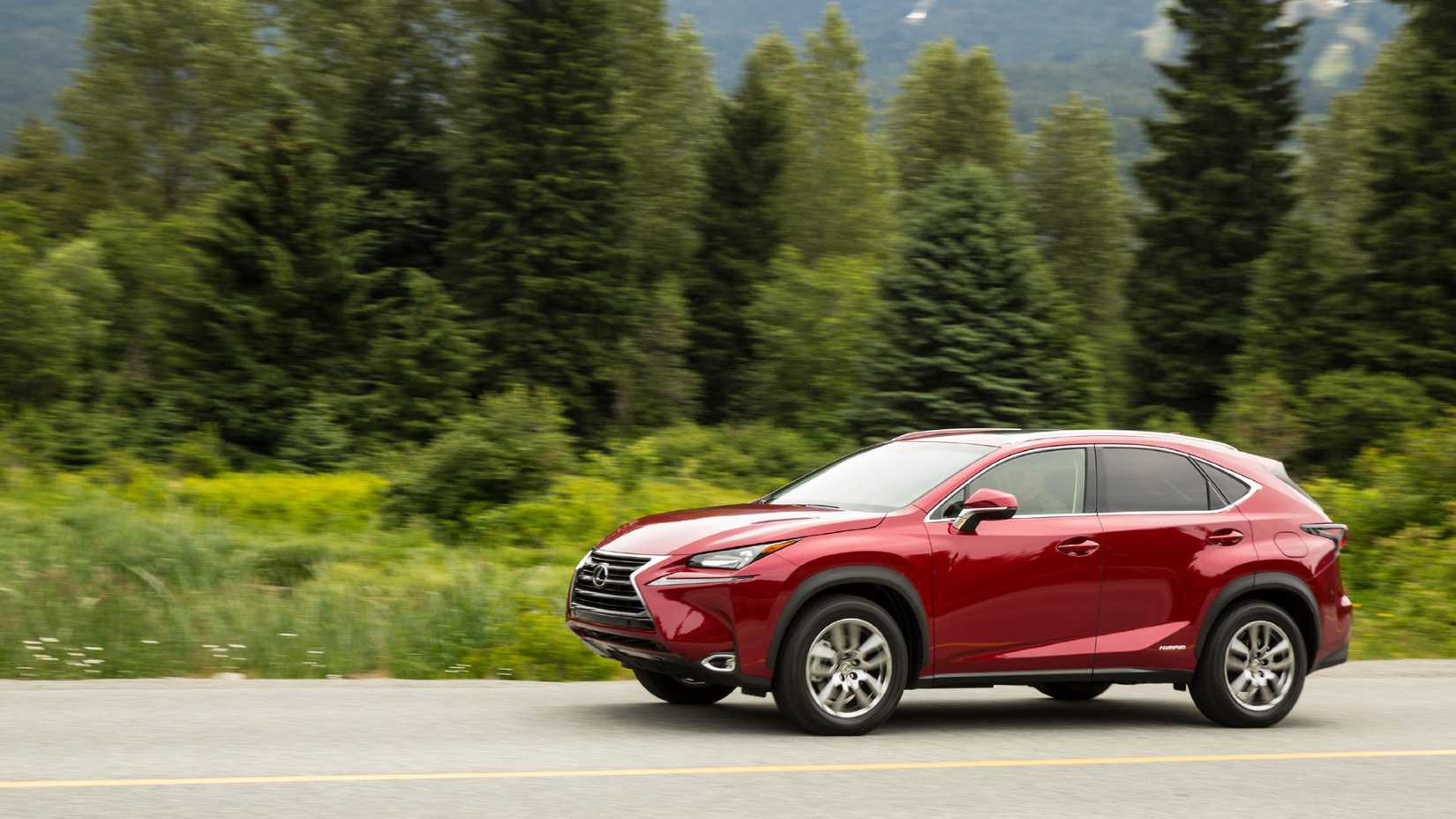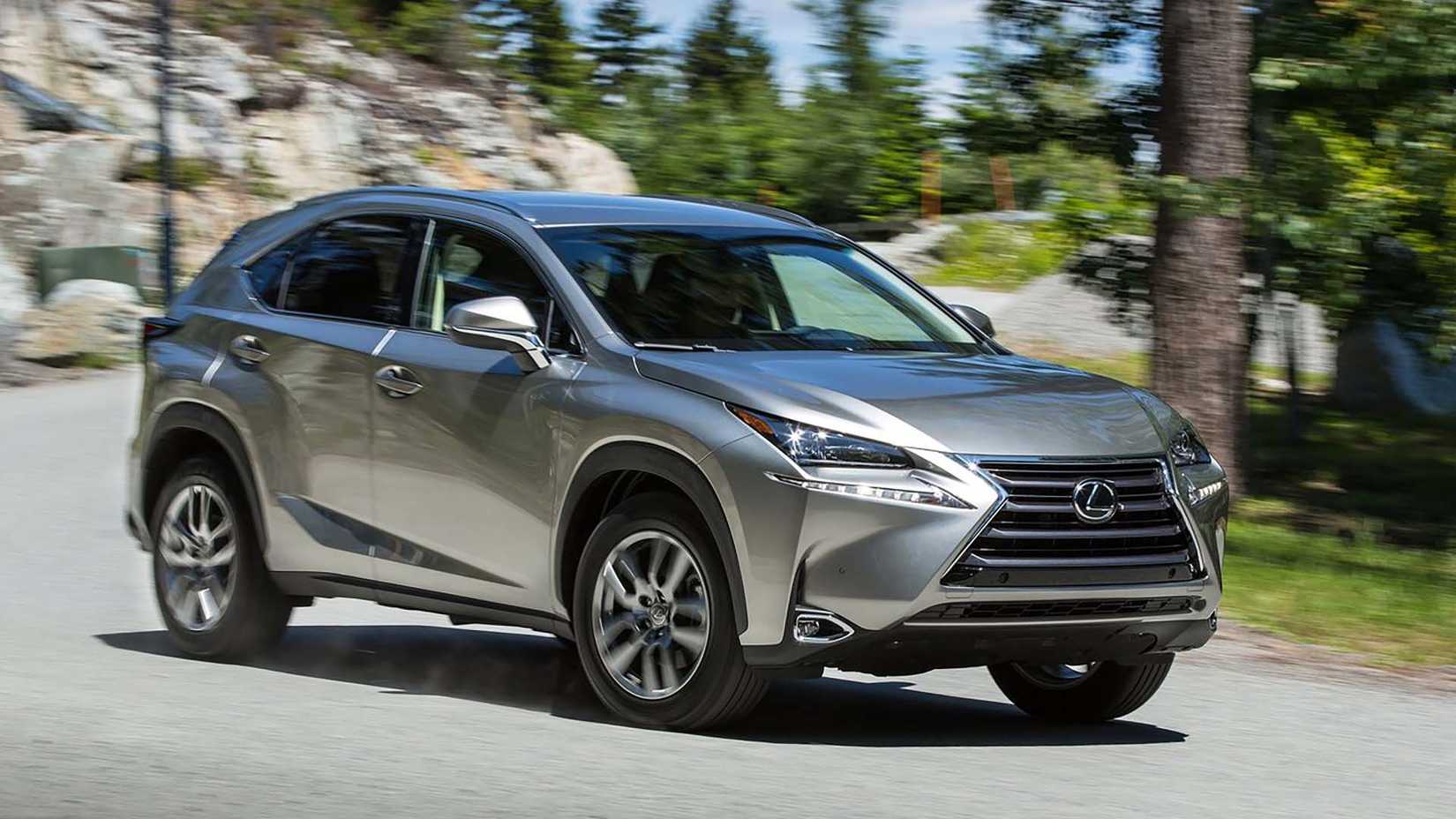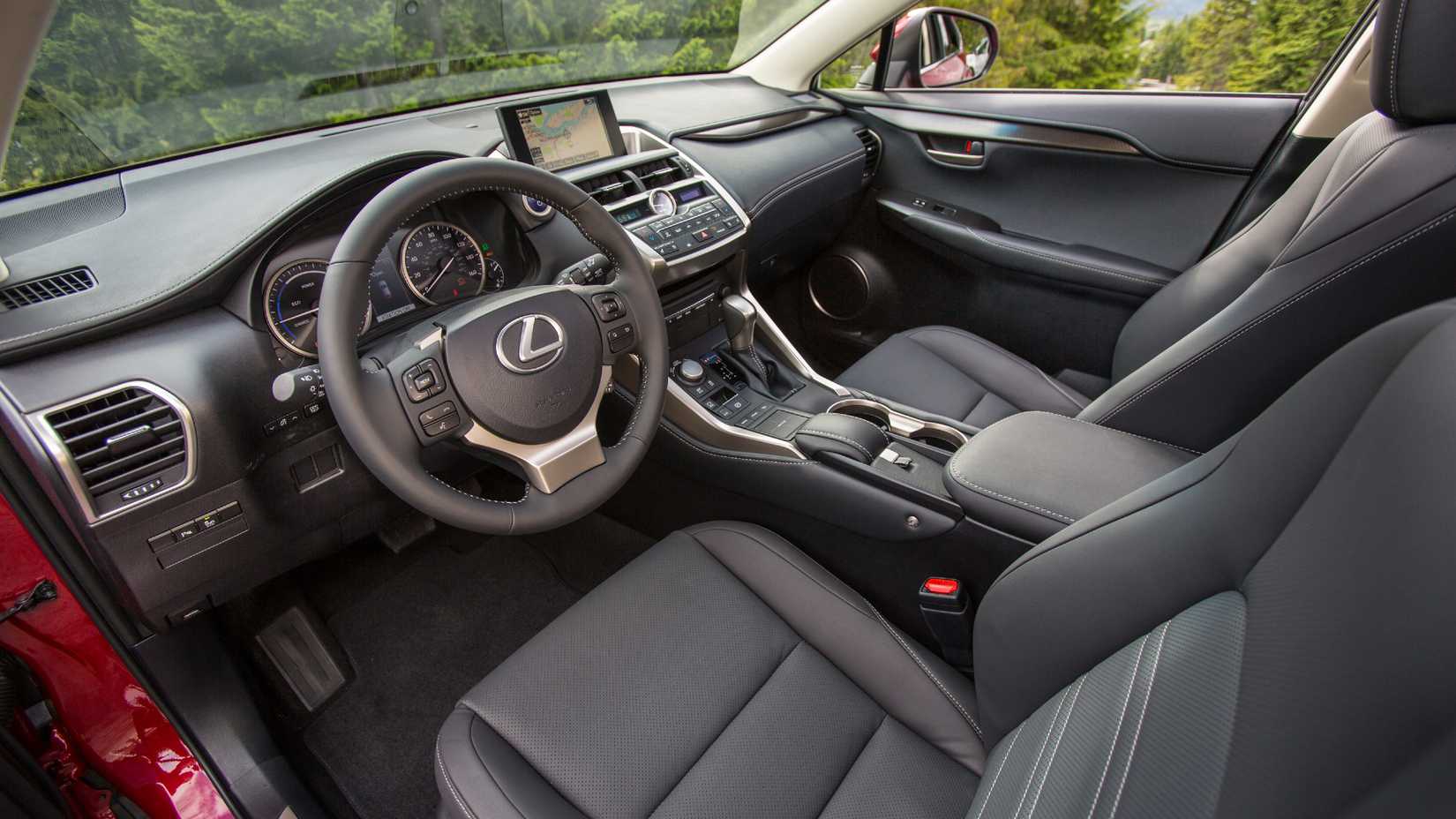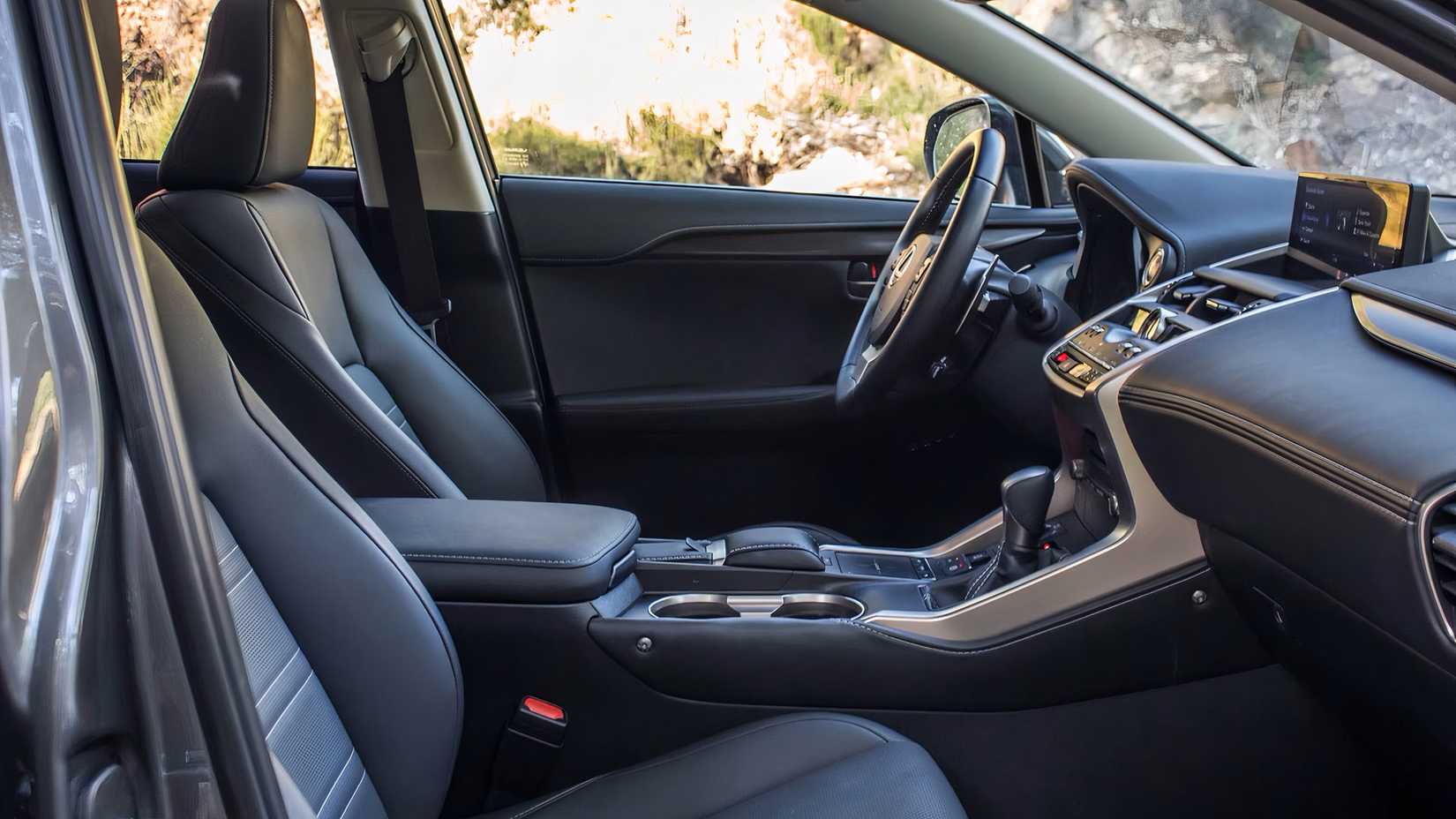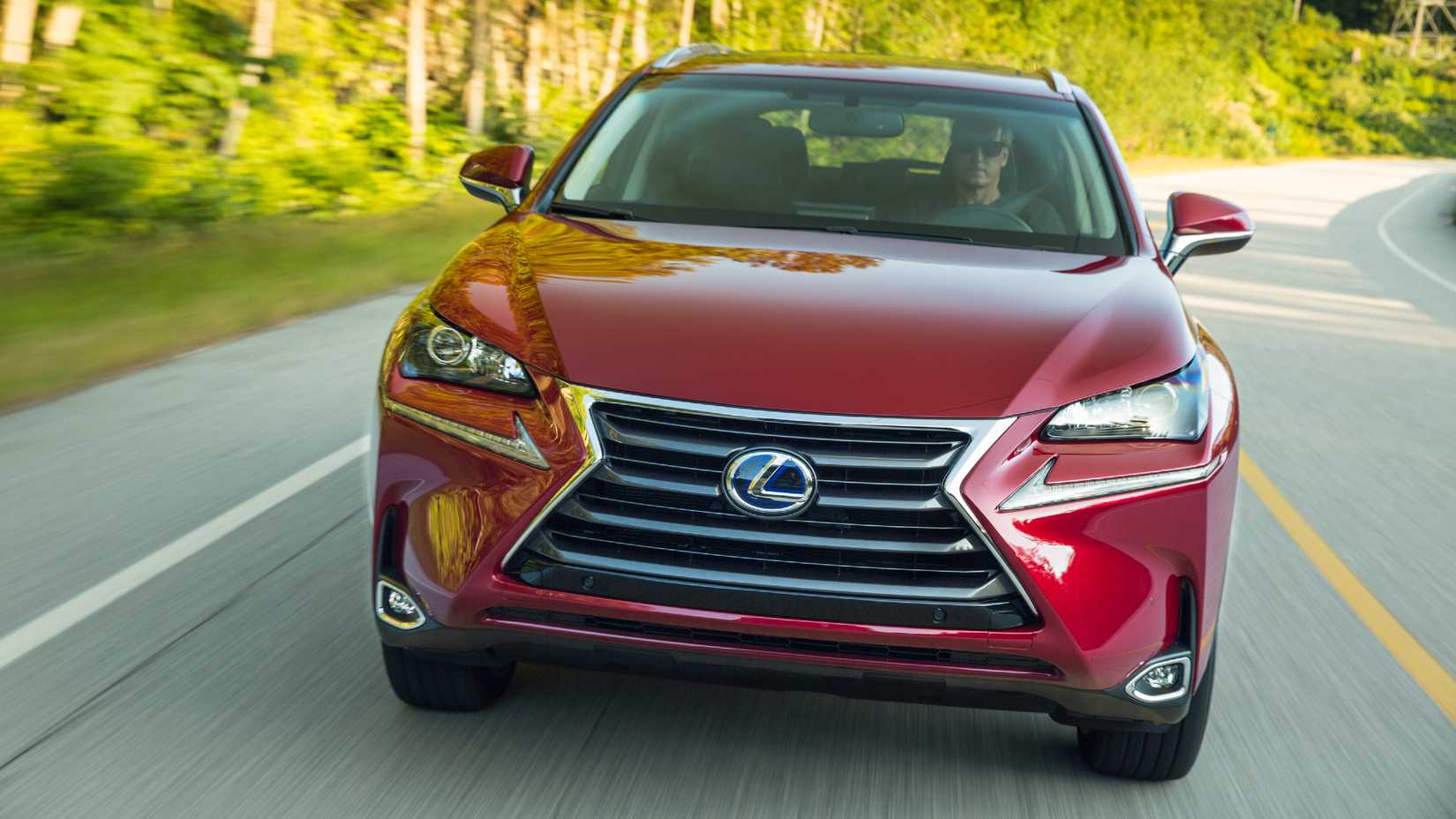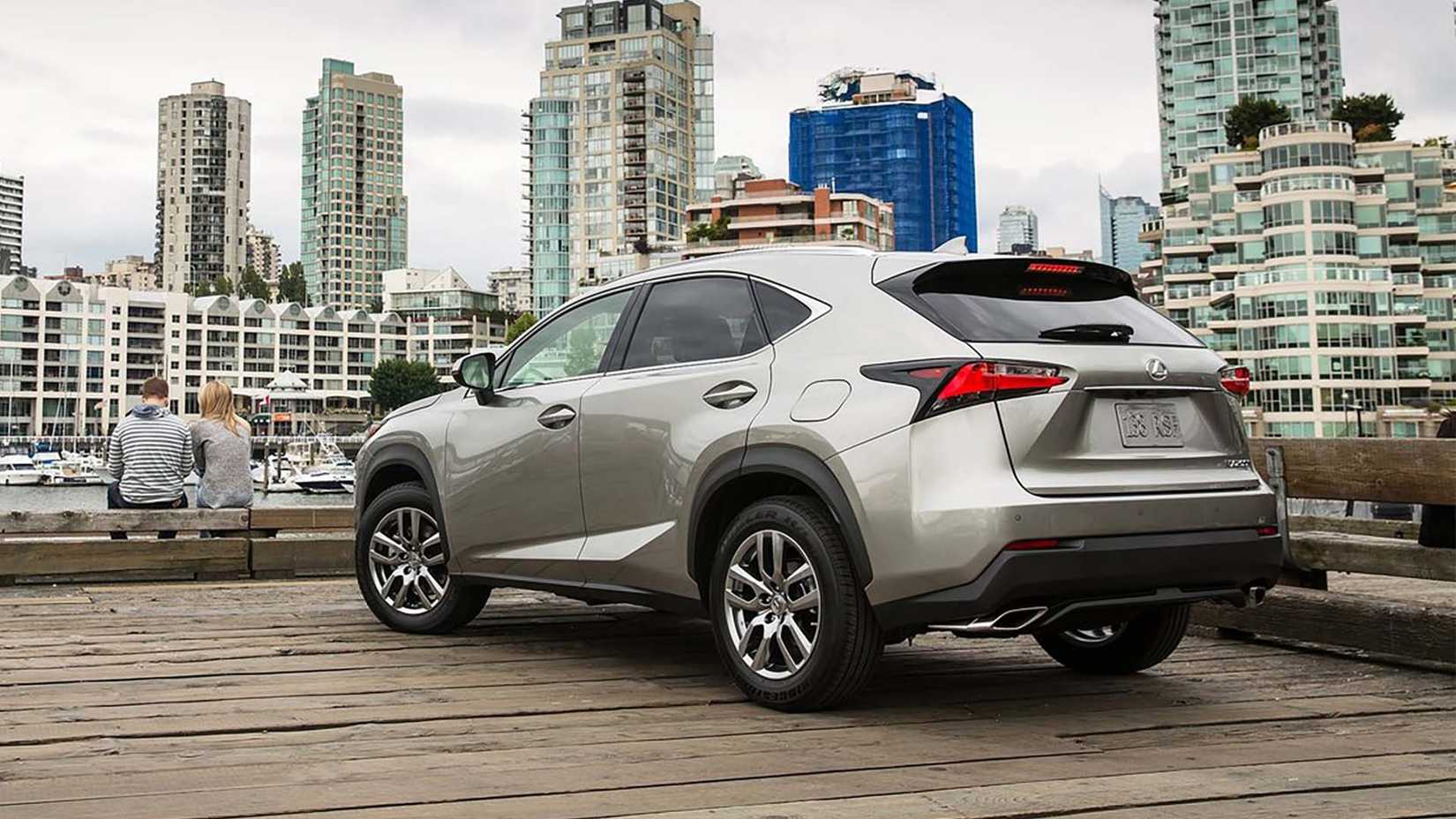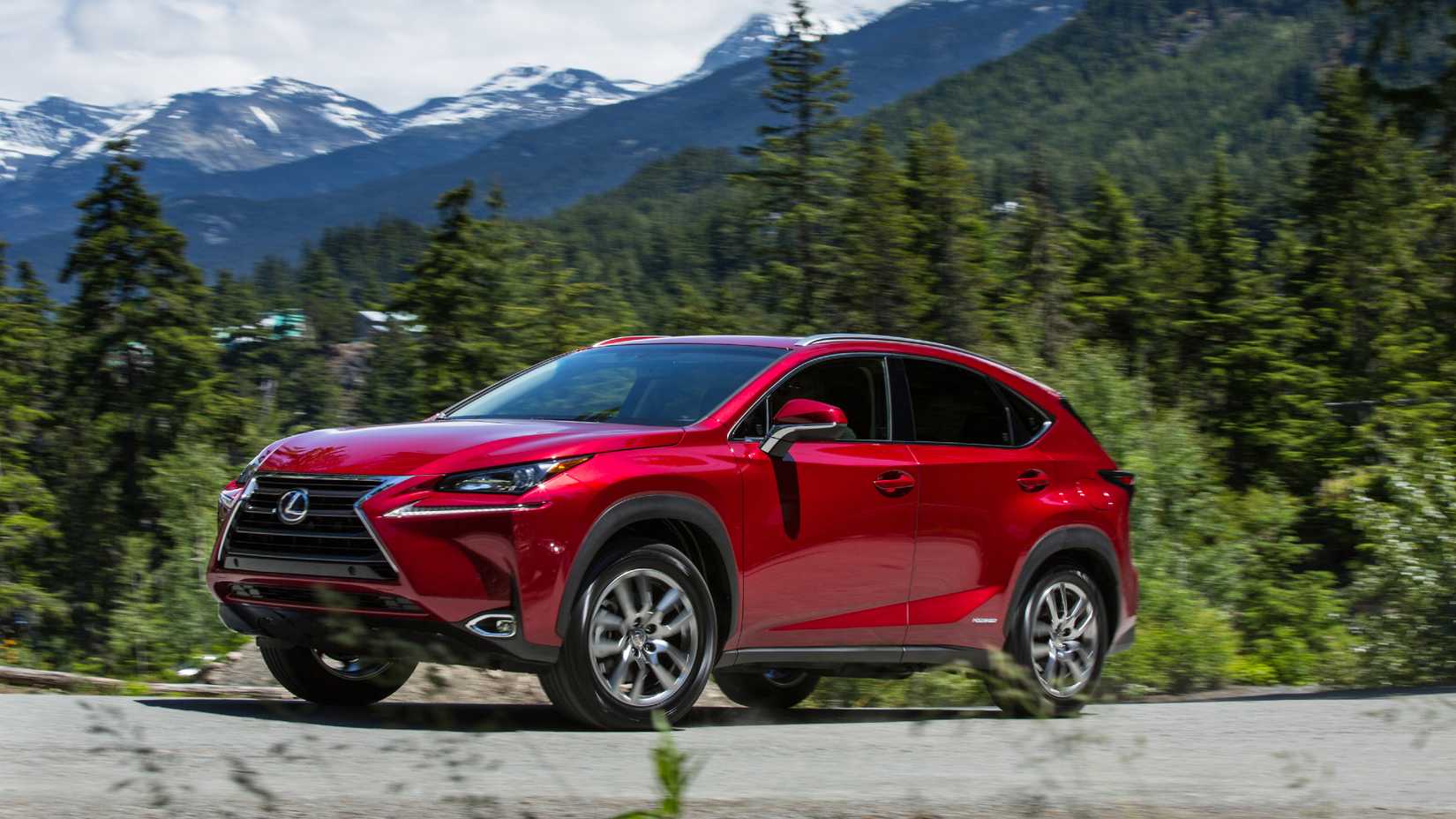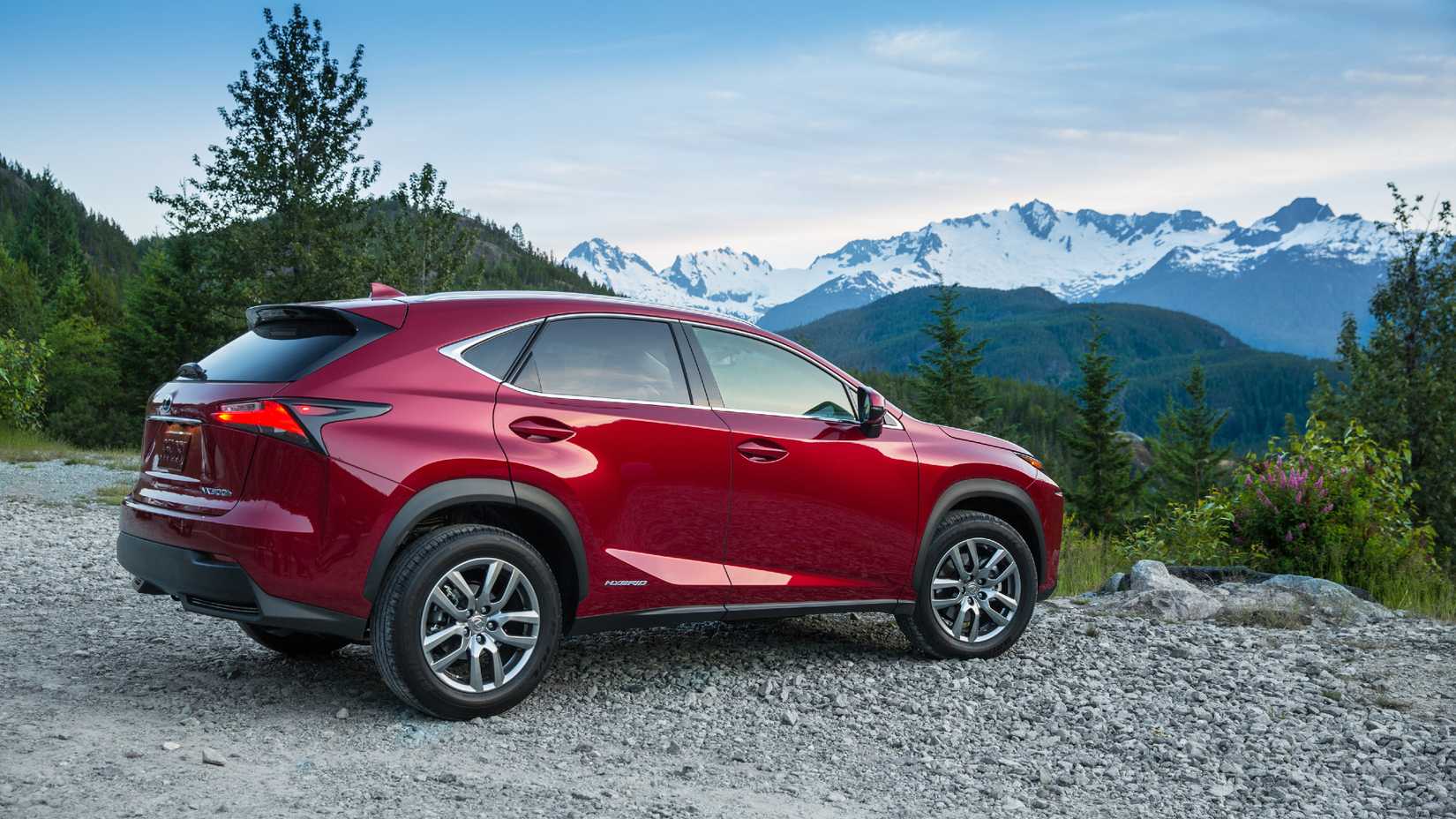Hybrid car popularity is undergoing some strange trends in 2025. The segment is performing much better than the fully electric market, but we have noticed sales dips from some key models, primarily due to the ever-increasing starting prices. Hybrids remain a popular option, as more new car consumers see them as a means to cut down on their monthly fuel bills. Thanks to extensive developments in the electromobility sphere, modern hybrids benefit from the best efficiency and reliability returns that we’ve ever seen, making them exceptional long-term considerations for those looking for a trusty daily driver. Lexus sits at the forefront of hybrid technologies, primarily thanks to Toyota’s gasoline-electric HEV-focused oversight. Due to the brand’s position in the premium and luxury segment, these are expensive vehicles to invest in when new.
If you’re happy to shop in the used vehicle market, the 2020 Lexus NX 300h is a great option to consider, with an average pricing range that’s less than what you would pay for an entry-level 2026 Toyota Camry. The midsize HEV SUV may be half a decade old, but it features a powertrain that the Toyota Group still applies to its models that are currently in production. Furthermore, this used premium hybrid SUV benefits from some of the best reliability ratings, without compromising on fuel efficiency, safety, and a comprehensive standard specification list. It is worth noting that you may find this model to be relatively outdated, as it is one of the last model years of the previous-generation NX.
To give you the most up-to-date and accurate information possible, the data used to compile this article was sourced from Lexus and other authoritative sources.
The 2020 Lexus NX 300h Sells For Around $24,000
That’s Less Than What You’d Spend On A New Camry
According to J.D. Power, the Lexus 2020 NX 300h sells for anywhere between $23,974 and$32,328, depending on the mileage, condition, and specification. When new, Lexus kicked pricing off at $39,420, which reflects a moderate value retention rate, especially for a midsize HEV SUV operating in the luxury segment. The publication also issues the NX range with an impressive 84/100 consumer-verified overall score, which includes 87/100 for quality and reliability, 77/100 for the driving experience, 79/100 for resale, and 88/100 for the dealership experience.
According to Edmunds, a 2020 Lexus NX 300h will cost you $45,610 to own over five years and 60,000 miles, which includes $7,591 on maintenance, $3,240 on repairs, $15,522 on depreciation, and $7,788 on fuel. CarEdge backs this with its $56,393 five-year ownership cost estimate, $25,109 of which contributes to depreciation, $6,415 to fuel, and $2,534 to maintenance. Kelley Blue Book adds that the base NX 300h model has depreciated $12,424 or 33 percent in the last five years and has a current resale value of $24,444 and trade-in value of $22,419. For reference, the base Toyota Camry currently starts at $29,000 MSRP.
Impressive Fuel Consumption Estimates And Range
Enjoy Impressive Savings Without Compromising Luxury
The Lexus NX 300h is a well-rounded HEV SUV, especially when pitted against some of the most aggressive rivals in the segment, but it doesn’t quite benefit from the most appealing EPA fuel consumption estimates. We do have to point out that they are impressive, regardless. The premium Lexus SUV brings in a 33/30/31 MPG consumption estimate on the city/highway/combined cycle and covers 459 miles on a single 14.8-gallon tank, with some help from a 0.9-kWh nickel-metal-hydride battery pack.
The agency also estimates that you’ll get to save up to $750 on fuel over five years, based on the average American’s fuel bills. Over a year, you can expect to spend $1,550 on fuel every year and $2.59 to drive 25 miles. A full tank of gas will cost you around $48. By modern standards, these figures aren’t too impressive, but they still translate to long-term savings, especially if you compound them with the low maintenance requirements that the drivetrain will be subject to.
Lexus Fills The Cabin With Features
Both Trims Are Very Well Equipped
The Lexus NX 300h is a well-appointed midsize luxury HEV, with standard features within the cabin consisting of electrically-adjustable front seats, synthetic leather upholstery, dual-zone automatic climate control, a leather-wrapped steering wheel and shifter, an electrically adjustable steering column, keyless entry and ignition, and a 4.2-inch TFT hybrid system display. The flagship Luxury trim includes perforated leather upholstery, heated and ventilated front seats, a heated steering wheel, an auto-dimming rearview mirror, an electronic tailgate, and an electronic sunroof.
For entertainment purposes, all Lexus NX models feature the previous-generation eight-inch central dash-mounted display unit featuring Android Auto and Apple CarPlay. Lexus connects this to a standard eight-speaker audio system, but the Luxury model upgrades this to a Mark Levinson 14-speaker system, while also including navigation with a larger 10.3-inch screen.
Equally Impressive Safety Standards
On the safety front, all NX 300h models also include a rearview camera, forward collision avoidance, and Lexus Safety System+ 2.0, which includes lane departure warning, lane-keeping assist, pedestrian detection, and road-sign recognition. This affords the model a five-star overall crash test safety rating from the NHTSA, as well as a Top Safety Pick+ award from the IIHS.
Lexus Prioritizes Efficiency Over Performance
The NX 300h Isn’t Made For Speed Freaks
The Lexus NX 300h range features the Toyota Group’s naturally aspirated 2.5-liter four-cylinder engine, producing 154 horsepower and 152 pound-feet in isolation. Two electric motors, producing 141 horsepower and 67 horsepower, are positioned at the front and rear axles, respectively, resulting in a combined 194-horsepower output to all four wheels via a direct-drive eCVT system.
According to the brand’s claims, you can expect this model to cover a 0-60 MPH sprint in 9.1 seconds with a 112 MPH top speed limit. It’s also able to tow up to 1,500 pounds. The NHTSA does not list any recalls for the NX 300h, highlighting just how reliable a used HEV option it is.
Class-Leading Reliability Standards Keep You On The Road
A big reason for the NX 300h’s class-leading reliability is in the ICE’s design, and it’s something that the Japanese company has perfected thanks to decades of over-engineering. The Toyota Group applies the A25A-FXS 2.5-liter four-cylinder Dynamic Force powertrain to most of its midsize HEV derivatives, showcasing its impressive and efficient versatility. The brand introduced the new powertrain to its lineup for the XV70-generation Camry when it launched in 2017. Key features include a dual-direct-injection system as well as a port-injection EFI system to mitigate carbon build-up.
Improving reliability and lowering thermal efficiency to just 41 percent is its longer stroke design, together with a wider angle between the intake and exhaust valve, a high-efficiency intake port with a laser-clad valve seat, and a high 14.0:1 compression ratio. Toyota‘s decision to forgo a conventional transmission and stick to a direct-drive eCVT unit further improves the car’s reliability proposition, as it lowers the number of moving parts that require routine servicing.
In the event of any possible faults, Lexus covered all new NX 300h models with a 36-month or 36,000-mile bumper-to-bumper warranty. However, the 60-month and 60,000-mile powertrain and 120-month and 150,000-mile battery warranties are what really translate into the brand’s confidence in its hybrid system, the former of which is still active today.
Source: Edmunds, J.D. Power, CarEdge, Kelley Blue Book, the IIHS, and the EPA


